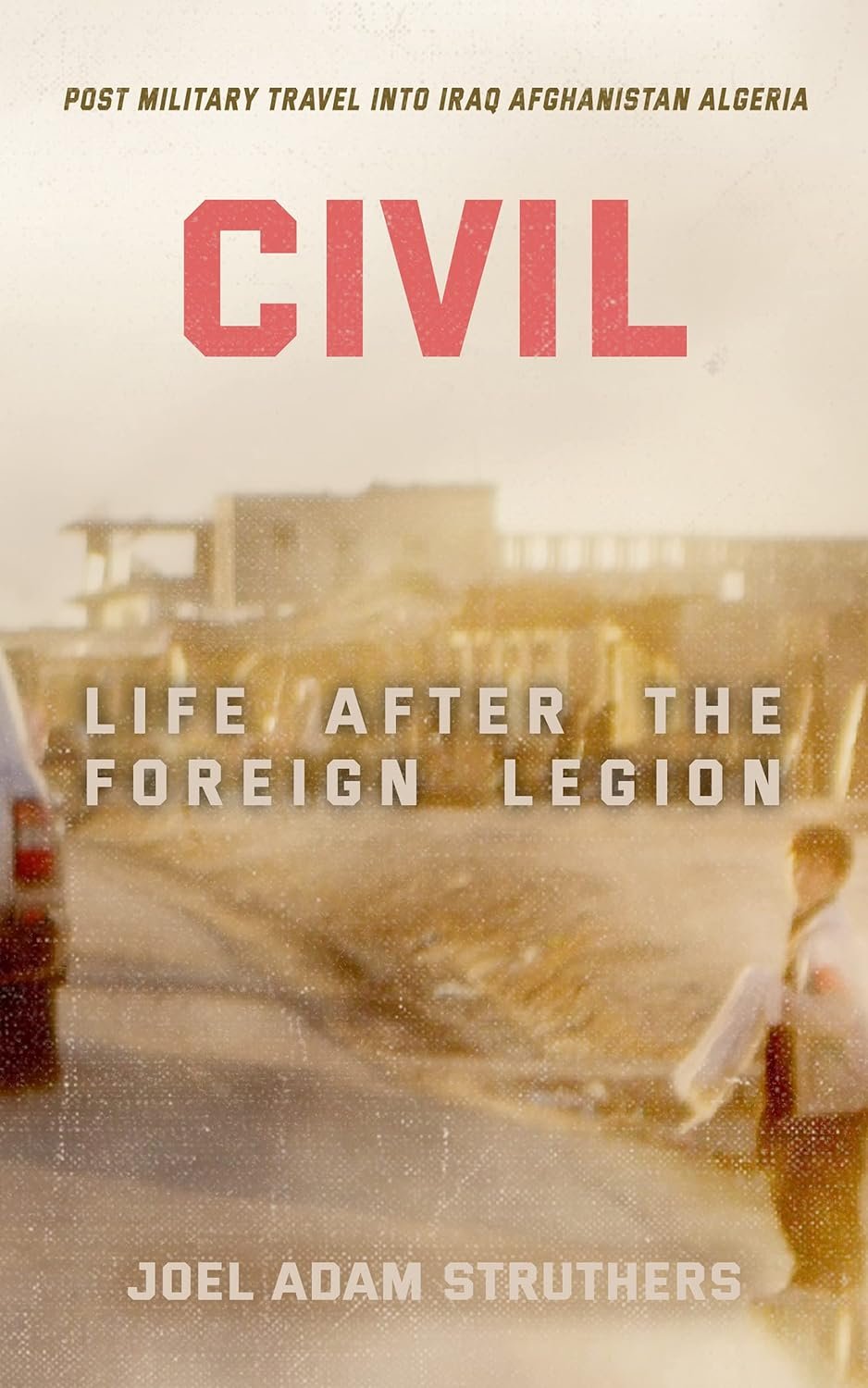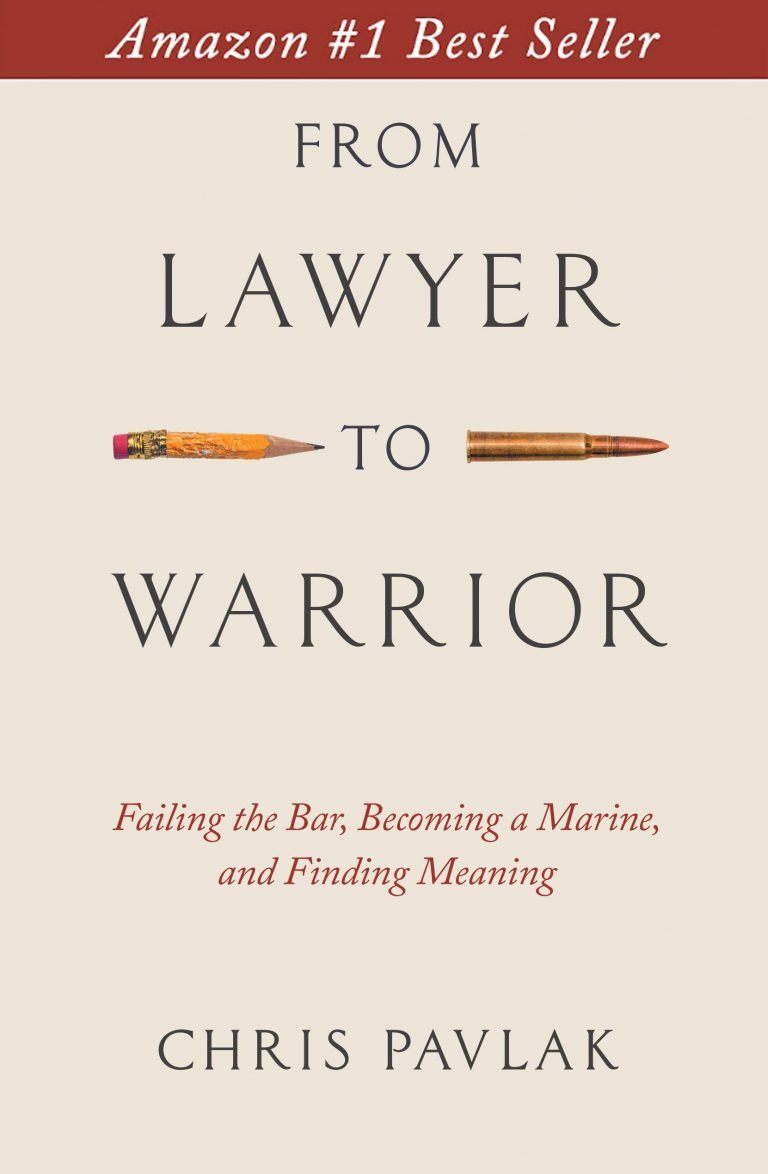Editing
The first draft is only the halfway point…
I can help your book go the distance.
Developmental Editing
Big-picture feedback on the theme and structure of your book.
Developmental editing can be:
A fresh set of eyes on your first draft and feedback to address big-picture changes.
-OR-
An iterative process to flesh out an outline before you write a book
Deliverables…
For finished manuscripts:
Detailed notes on theme, structure, and tone.
Notes on what’s working, what isn’t, and what to do about it.
Zoom meetings to discuss the notes.
For outlines and works in progress:
A detailed chapter-by-chapter outline to work from.
Substantive feedback on your idea and how to turn it into a book.
Ongoing feedback as you write and edit.
Long talks about the meaning of life and how your book can capture and express your Truth.
Just need an outside opinion of your draft?
I offer beta reading and manuscript evaluations.
Beta reading is my opinion of your draft, including what I liked and didn’t, answers to any questions you have about the reading experience, and a few suggestions on how to improve the work.
Manuscript evaluation is a thorough report that clarifies what’s working and what isn’t and makes concrete suggestions for your next draft (this is like a light developmental edit.
You can book beta reading and manuscript evaluation here.
-
Civil: Life After the Foreign Legion
by Joel Adam Struthers
-
From the foreword
by Caroline du Plessis:
“…You can feel the stress of the environment like a tightly coiled spring, ready to explode. Those years of deployment to Iraq and Afghanistan seem a world away now but life was lived in a different ‘lane’ then, where death and destruction stalked your every hour. Joel brings this time into sharp focus, he cuts through the embellished, the fabricated and self-aggrandisement of so many accounts and captures the complex reality that existed.” -
Helping Joel Write the Next Chapter...
After his service in an elite commando unit, in the French Foreign Legion (2eREP), Joel Struthers flew helicopters in the Canadian Rockies and returned to warzones as a contractor, all while raising two kids.His challenge as an author was to weave his many adventures together into one story. He hoped it would be a worthy follow-up to his first book, Appel: A Canadian in the French Foreign Legion, featured on Jocko Podcast. But his most ambitious goal was for his story to serve as a “post-military travel guide” to some of the places he worked.
I worked with Joel as a developmental editor and beta reader to provide feedback on his theme, tone, and structure. I helped him craft his impressive life story into a heartfelt page-turner that connected with military and civilian audiences alike.
The success of Civil was a boost to Joel’s other projects on and off the page.
-
From Lawyer to Warrior by Chris Pavlak

-
"I connected with Charlie to get 'rudder steers' (as we say in the Marine Corps) on a draft of my own book.
He has a keen perspective on writing and can identify themes in a work even the author may have overlooked.
He will help you in the organization and structure of your work according to the themes you've worked together to identify.
Finally, he'll be there with you 'in-the-trenches' to assist with the difficult, but necessary work of editing and revising; ensuring you're saying exactly what you want to say, in the best way you can say it.”— Chris Pavlak,
Author of From Lawyer to Warrior -
“Rudder Steers” put Chris on Course to a Bestseller…
When Chris Pavlak’s dream of a stable and lucrative career in law didn’t pan out, he blazed a bold new path for himself. He became a Marine officer where he led rifle and sniper platoons.
By writing his memoir, he hoped to inspire readers who had faced a significant setback and were looking for what’s next.
Chris reached out for developmental edits and guidance through the publishing process. He already had a powerful manuscript. We worked together to bring his central theme into focus and help his distinct voice come through loud and clear.
From Lawyer to Warrior debuted as an Amazon Best Seller. Chris has been featured on CBS Eye on Veterans and a number of other podcasts and reading lists. Ironically, he is also a bestseller in “law school guides.”
FAQs
-
Working as an editor, no. My notes and line edits are for you to incorporate into your next draft, doing the writing yourself.
If you want me to do the writing and editing, take a look at my ghostwriting options. -
That’s included in the process. Each round of edits comes with a discussion to make sure you’re getting the most out of my feedback and I’m addressing any lingering questions.
-
No, that’s called proofreading, and it’s one of the last steps in formatting your manuscript for publication, something you do after all the edits are locked in. Your publisher will usually proofread your manuscript.
I’d be happy to recommend a freelance proofreader from my network. -
The short answer: As long as it needs to be and no longer.
The longer answer: Each genre has its own sweet spot for length. Books that are too long or too short are unappealing to publishers, so it’s best to aim for that sweet spot. Writers and editors go by wordcount. A page of a paperback book is about 250 words. So, 50,000 words is a 200-page book.
These are your “sweet spots” for target length:Memoir/ General nonfiction - 50-60,000 words
Business handbook - 25,000 words + graphics and illustrations.
Business eBook - 10,000 words.
It’s always easier to make cuts than to add material, so you should always overwrite your first draft. If your target is 50,000 words, write 60,000 in your first draft.
-
Every book is different, so there’s no set number. Typically, each draft involves multiple rounds of revision, so it depends on how you’re counting. I like to work in a three draft process, with distinct goals for each draft.
DRAFT 1 - The “Vomit Draft” - The goal here is to just get everything on the page. It doesn’t have to be perfect, just get it written. Developmental editing comes in before and after this draft to define your outline and then make big picture changes based on your goals for the project.
DRAFT 2 - The structural edit - Now it’s time for feedback on chapters, paragraphs, and the overall structure of your manuscript. The goal here is to tell the best story you can. Define what is working and fix what isn’t.
DRAFT 3 - Finally, we work on the flow and line-by-line structure of your manuscript. After this, it’s on to proofreading, copyediting, and formatting for publication.
-
No. You keep all royalties and retain copyright.
My fee for editing is just what I charge for the project.